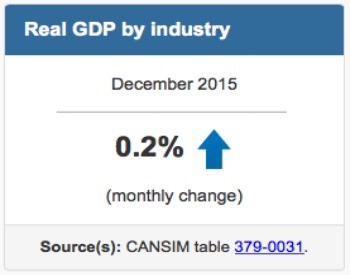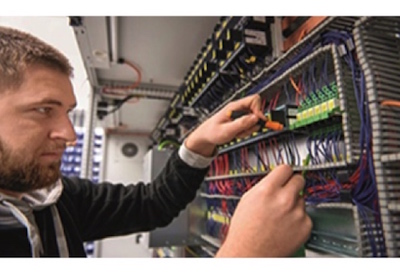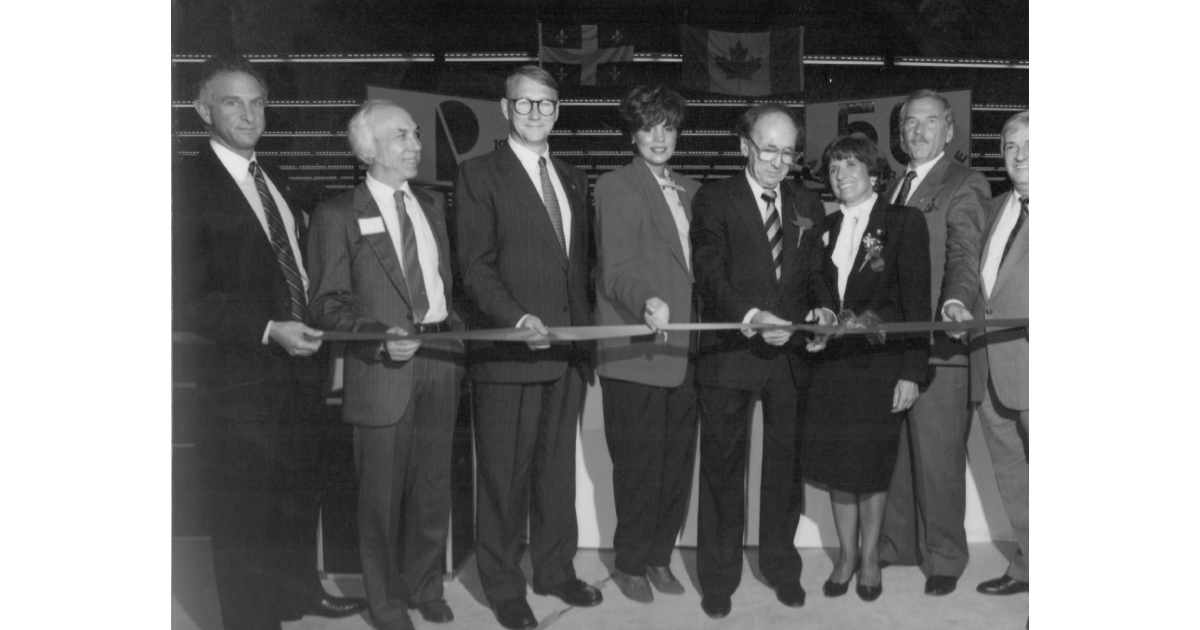IBEW: Bill C-50 Creates ‘Blueprint’ for Worker-Led Energy Transition

August 8, 2023
The IBEW is one of many Canadian labour unions supporting the Sustainable Jobs Act, which was tabled in Parliament on June 15 by Natural Resources Minister Jonathan Wilkinson.
Known as Bill C-50, the legislation would provide job training to workers, many of them skilled tradespeople, for the transition to a low-carbon economy.
Canada is the sixth-largest natural gas producing country in the world but plans to reduce emissions by 40% to 45% by 2030 and be nearly carbon-free by 2050.
“Through this legislation, the government of Canada has demonstrated its commitment to protecting good-paying, highly skilled jobs,” First District International Vice President Russ Shewchuk said. “The Canadian Sustainable Jobs Act … supports our calls for unions, industry and governments to be working together to ensure that workers are the focus and a blueprint is established to create good-paying jobs in a net-zero economy.”
Daniel Blaikie, a member of Winnipeg, Manitoba, Local 2085, and fellow New Democratic Party MP Charlie Angus were two of the legislators most involved in crafting the bill.
“Too often, when we’ve seen times of major economic transition, workers get left behind,” Blaikie said. “That’s because governments usually listen to deep-pocketed investors.”
The Sustainable Jobs Act (Bill C-50), however, would ensure that working families have a seat at the table, Blaikie said. He recognized the various labour leaders in attendance at the news conference announcing the bill. They included Matt Wayland, the IBEW’s director of government relations in Canada.
“They’re the ones who are accountable to workers,” he said. “They’re the ones that know the struggles of workers on the jobsites.”
The transition to clean energy is proving to be important for Canadians beyond the environmental impact. Prime Minister Justin Trudeau has noted that new investors in the country increasingly are asking for clean energy to be used on projects.
In turn, the federal government believes that training skilled construction workers for roles in that transition will lead to even better-paying jobs and billions of dollars in new investment.
Labour Minister Seamus O’Regan said Bill C-50 tells workers they “aren’t left behind and are in the driver’s seat.”
“We’ve worked hand in glove with unions across the country,” O’Regan said. “I think we’ve come up with a better piece of legislation as a result.”
The bill creates a partnership council that includes business and labour representatives that will advise the government on clean energy initiatives. A department would be formed to help ensure consistent policies across the federal government.
“The IBEW firmly believes that we deserve a seat on the partnership council,” Wayland said. “We have a lot of expertise to bring to the table. We are the workforce that will be powering Canada’s net-zero future, and we’ve made that pitch to the federal government.”
Bill C-50 includes goals to increase participation by the traditionally underrepresented indigenous population. Also, companies bidding for work must meet prevailing wage laws to receive federal tax credits.
Plus, beginning in 2025, the government will issue a report every five years that tracks progress toward its clean climate goals — not just in terms of environmental and investor impact, but to ensure that the country’s workers have access to good-paying jobs.
“IBEW members are proud to have built Canada’s energy and electrical systems, and we are ready to build the next generation of clean energy and power our net-zero future,” Shewchuk said.
Like in the United States, the transition to clean energy has been a contentious issue in Canada. Some far-right organizations and politicians already have condemned the act.
Yet, it is expected to pass because the combination of Liberals and New Democrats will be nearly impossible to overcome. The two parties also worked to ensure the support of trade unions, including the IBEW, that represent fossil-fuel workers.
The IBEW has enjoyed a positive relationship with Trudeau and his Liberal Party government since he was first elected in 2015. It also has maintained a strong relationship with the NDP, which historically is the political party most aligned with Canada’s labour community.


















